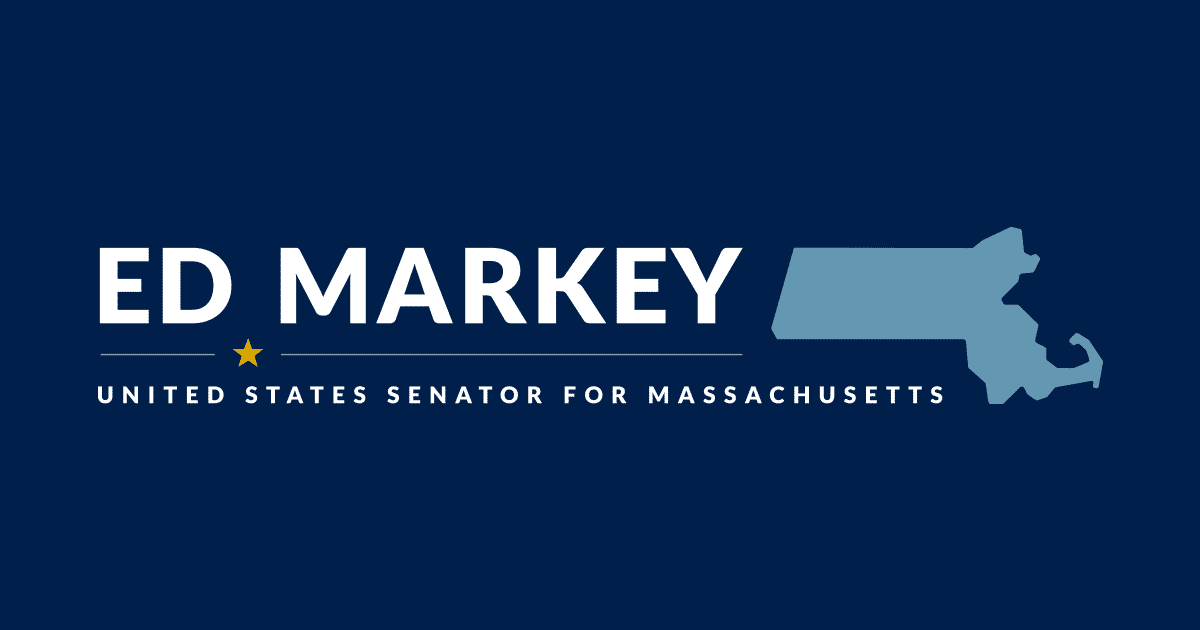Source: United States Senator for Massachusetts Ed Markey
Under U.K. code, companies including Amazon, Facebook, Google, Snapchat, TikTok, and Twitter will need to implement additional online privacy protections by September 2, 2021
Washington (June 30, 2021) – Senator Edward J. Markey (D-Mass.) and Representatives Kathy Castor (FL-14) and Lori Trahan (MA-03) today sent a letter to the CEOs of Amazon, Facebook, Google, Snapchat, TikTok, and Twitter, urging them to extend privacy protections required under the United Kingdom’s Age Appropriate Design Code (AADC) to children and teens in the United States. The AADC is a statutory code of practice that requires all commercial online services—including apps, search engines, social media platforms, and online games—that are likely to be accessed by young users’ in the United Kingdom to meet fifteen standards that protect children and teens’ privacy and wellbeing online. These standards include protections for both children and teens up to 18 years old, and they limit the amount of data companies can collect from young users. In their letter, the lawmakers express concerns about threats to young people’s online privacy amidst the recent rise in children and teens’ technology use and argue that, as companies update their data practices to comply with the AADC, they should apply those same practices in the United States.
“Today, children and teens encounter constant threats to their privacy online,” write the lawmakers in their letter. “It is imperative that Congress acts with urgency to enact a strong privacy law for children and teens in the 21st century. As we work towards that goal, we urge [companies] to extend to American children and teens any privacy enhancements that [they] implement to comply with the AADC.”
In their letter, the lawmakers ask the CEOs of Amazon, Facebook, Google, Snapchat, TikTok, and Twitter to respond to questions surrounding their commitment to extend AADC privacy protections to children and teens in the United States, including:
- Will you commit to providing American children and teens with the same privacy enhancements that you provide in the United Kingdom in accordance with the AADC?
- If so, what specific privacy enhancements will you implement for users in the United States? Please describe in detail when you plan to implement these enhancements for users in the United States.
- If not, why not?
